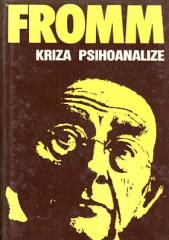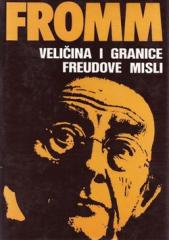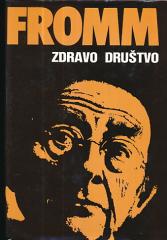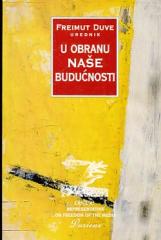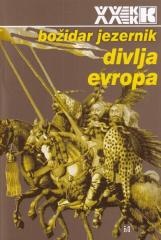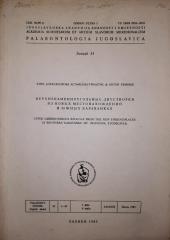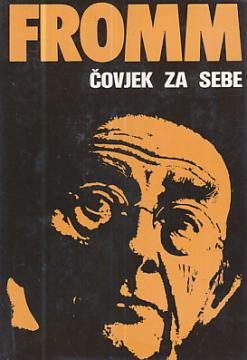
Čovjek za sebe - Istraživanje o psihologiji etike
U knjizi „Čovek za sebe“, Erih From razvija ideju humanističke etike nasuprot autoritarnoj i relativističkoj etici.
Pristupajući problemu kombinacijom psihoanalize, filozofije i sociologije, From tvrdi da moral ne treba da se zasniva na spoljašnjim autoritetima (Bogu, društvu, tradiciji), već na unutrašnjoj prirodi čoveka. Etika ne proizilazi iz naređenja, već iz čovekove težnje da postane potpuno razvijeno, autentično ljudsko biće.
Prema Fromu, čovek po prirodi nije ni dobar ni zao, već potencijal koji se razvija u zavisnosti od društvenih uslova. U zdravom društvu, etičko ponašanje proizilazi iz ljubavi, razuma i produktivne orijentacije – sposobnosti da se voli, stvara i deluje u skladu sa sobom i drugima. Nasuprot tome, u represivnim ili otuđujućim društvima, ljudi često razvijaju destruktivne i neetičke obrasce ponašanja.
From posebno kritikuje autoritarnu savest – osećaj krivice zasnovan na strahu od kazne – i zalaže se za razvoj humanističke savesti, koja proizilazi iz svesti o sopstvenom rastu i delovanju u skladu sa svojom unutrašnjom istinom. Etika je, prema njegovim rečima, neophodan deo duhovnog i emocionalnog zdravlja.
U zaključku, „Čovek za sebe“ poziva na stvaranje društva koje podržava individualnu slobodu, ljubav i odgovornost kao temelje istinske etike.
Nema primeraka u ponudi
Poslednji primerak je nedavno prodat.
